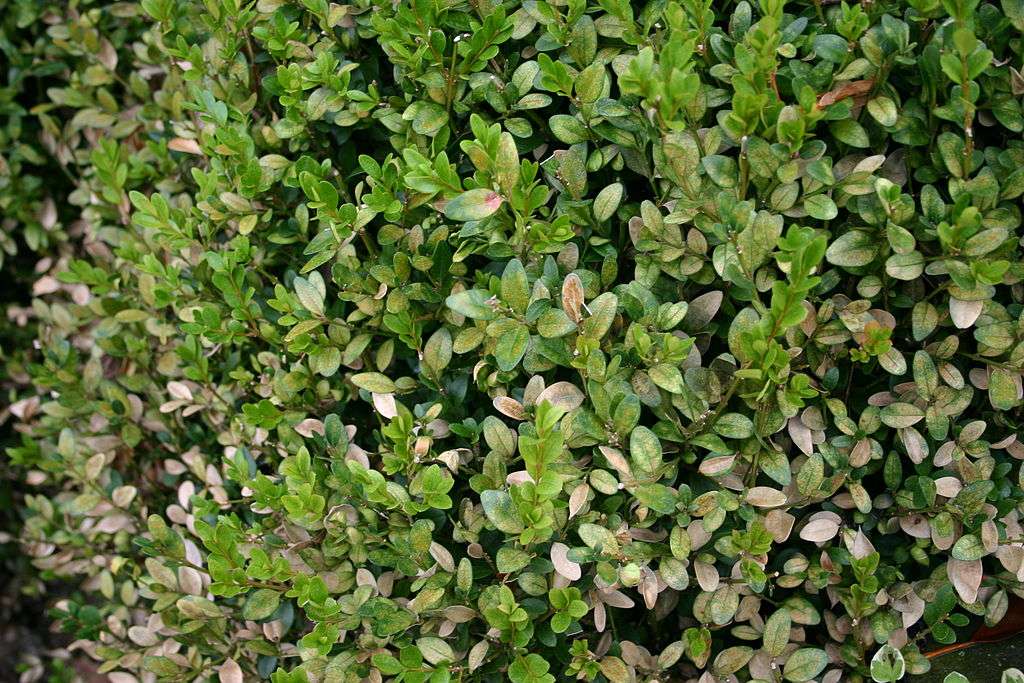

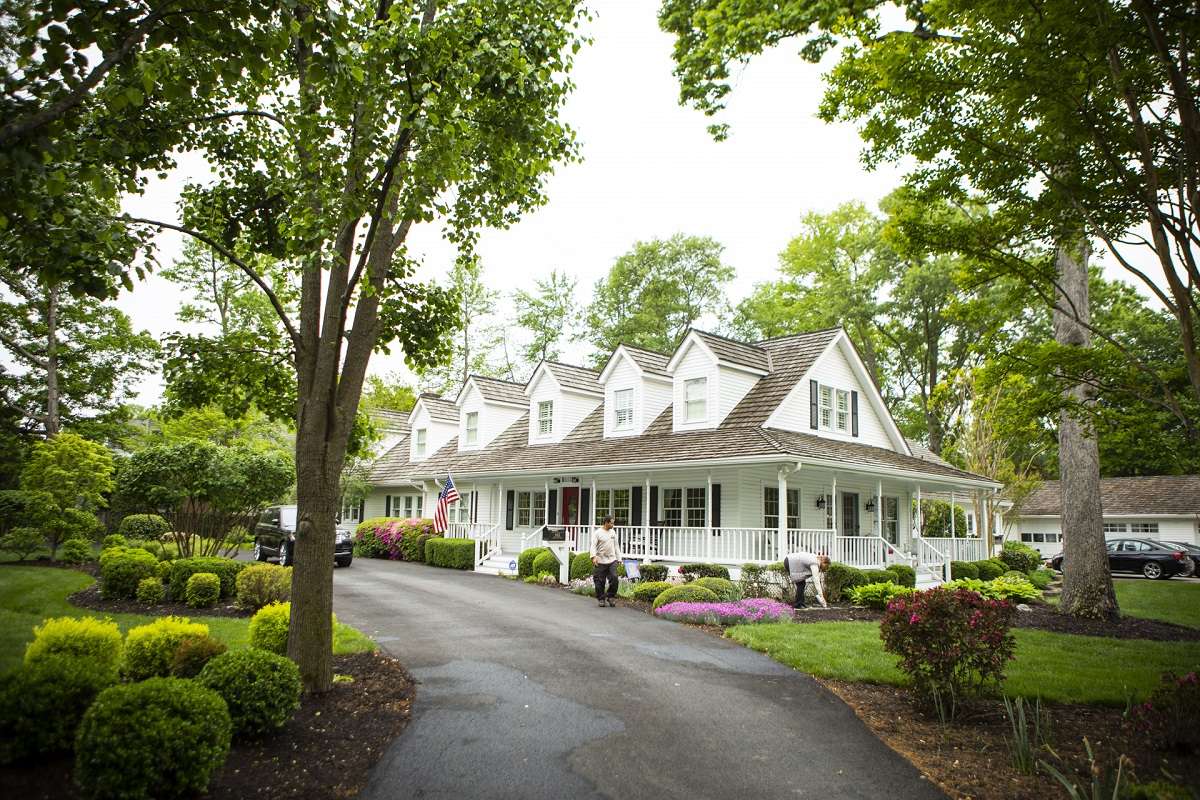
Adding ornamental trees to your Northern Virginia property can be a great way to boost curb appeal. Ornamental trees add tangible value and aesthetic appeal because they are attractive and eye-catching.
But the last thing that you’d want is to incorporate an ornamental tree that is going to ultimately damage your foundation. Since ornamental trees are often planted relatively close to the home, you have to be careful about choosing trees safe to plant near a foundation.
In this article, we’ll talk about trees that won’t damage foundations. Making a wise choice will help ensure you don’t experience unnecessary damage.
Before we dive into some examples of foundation-safe trees, let’s talk about why tree roots and foundations can be a detrimental mix. Tree root foundation damage can be a serious (and costly) issue.
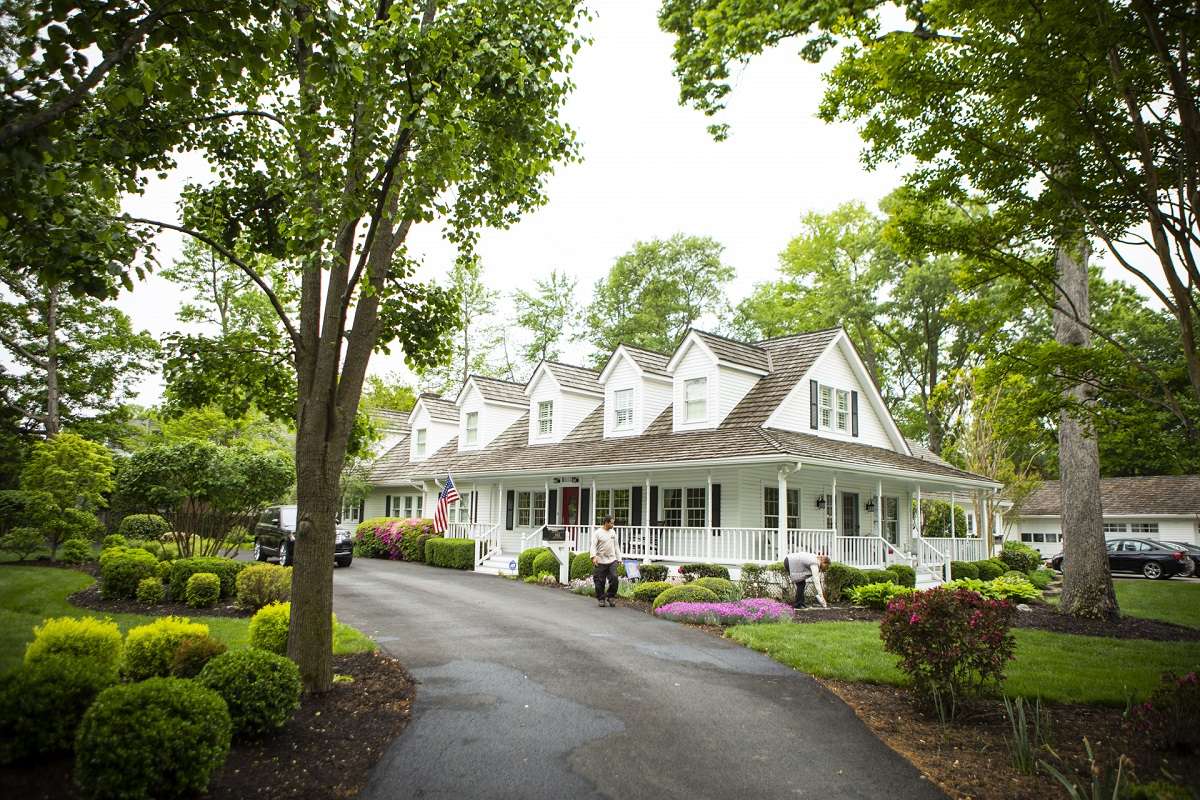
Tree roots grow and extend as they search for moisture. Most tree roots can grow as much as twice the diameter of the canopy. But if they come into contact with your foundation or they draw in too much moisture from the soil beneath your home, they can cause damage.
When tree roots grow into the foundation, they can break, crack, or raise the concrete. But they can also suck up all the moisture and cause your foundation to lose support. This can lead to settling, which can then lead to cracks in the foundation or uneven floors.
Obviously, the key is to avoid foundation damage in the first place by choosing foundation-safe trees. These would be trees that do not have an extensive root system. Smaller ornamental trees are going to be the safest choice.
Even so, planting trees at an appropriate distance from the foundation is still key.
We recommend, in general, to plant trees at least five feet away from the house foundation. Yes, that is even true for the foundation-safe trees we’re going to be suggesting.
Some might need to be further than that. Even though these are smaller trees that do not have aggressive root systems, you still always want to be cautious with proper planting.
It is simply not worth risking tree root foundation damage.
Whenever having a tree installed, it’s best to work with a landscape professional who will know exactly where to install trees to minimize foundation damage risk.
Planting trees in the optimal location is critical to their success in general. Often trees are planted in a subpar location or planted too shallow when homeowners tackle this themselves. This can prevent your tree from growing to its full potential.
Before we get into trees that won’t damage foundations, let’s quickly talk about some of the culprits known to do the most damage. These are trees that have expensive root systems.
Again, keep in mind that ANY tree could cause foundational damage if not planted in the optimal location. So planting distance should always be a consideration.
Even so, the following trees are known for their invasive roots:
These are big trees that not only grow quite tall but can also cause damage to foundations (or patios) because of their roots. If you want a big tree on your property, make sure you’re planting it far enough from your home or any hardscaping.
As we mentioned, trees that are safe to plant near a foundation tend to be smaller ornamental trees that have less aggressive root systems.
Here are some of our suggestions.
This dwarf, needled evergreen is originally from Japan and is safe to plant near a foundation. It also won’t outgrow its space the way that arborvitae or larger evergreens tend to do.
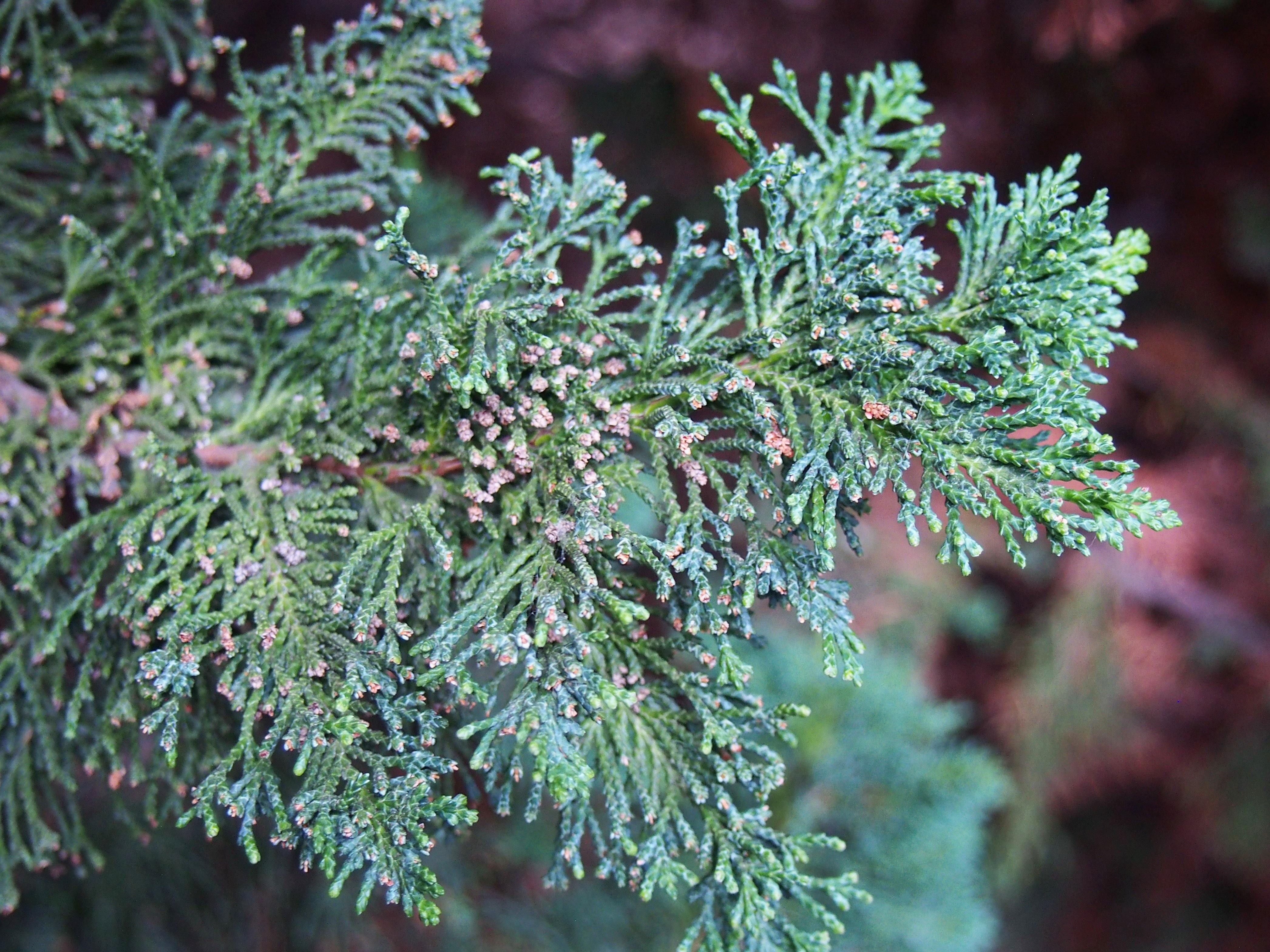
Overgrown trees and shrubs can quickly become an eyesore that you don’t want to deal with. But the Hinoki Cypress is a slow grower and will therefore remain compact for many years.
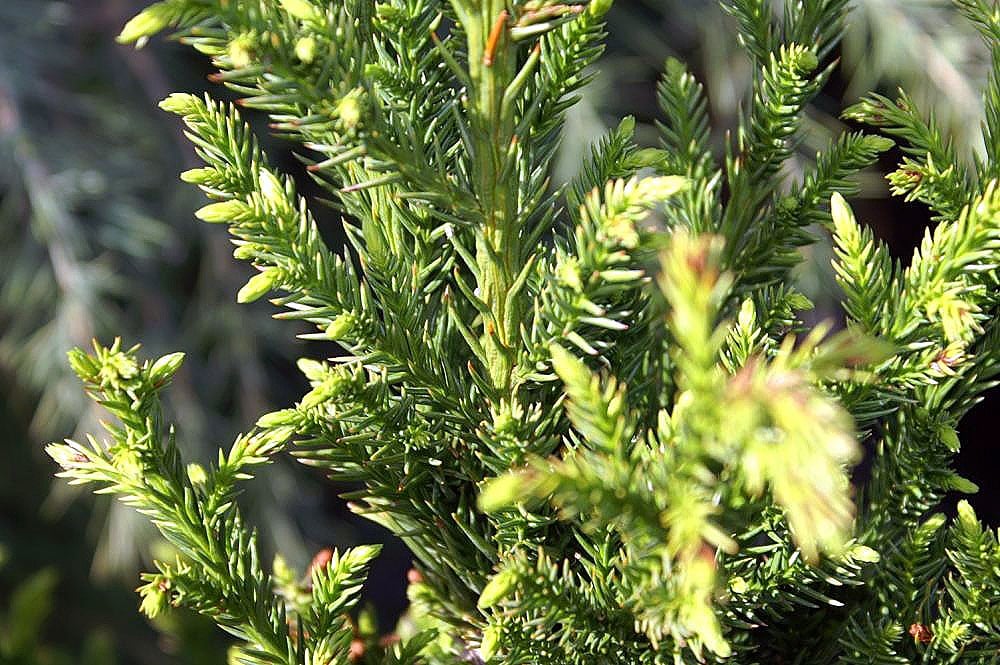
This smaller tree thrives in full sun but can also tolerate some shade, making it a versatile option. It’s an attractive tree that makes a great focal point specimen. It features uniquely dark foliage that is almost black (hence the name). It is also relatively low maintenance as it is typically disease and pest-resistant.
These hardy, evergreen shrubs are another good choice near a foundation. Junipers can make a nice windscreen and can actually help protect a home’s foundation from water erosion.
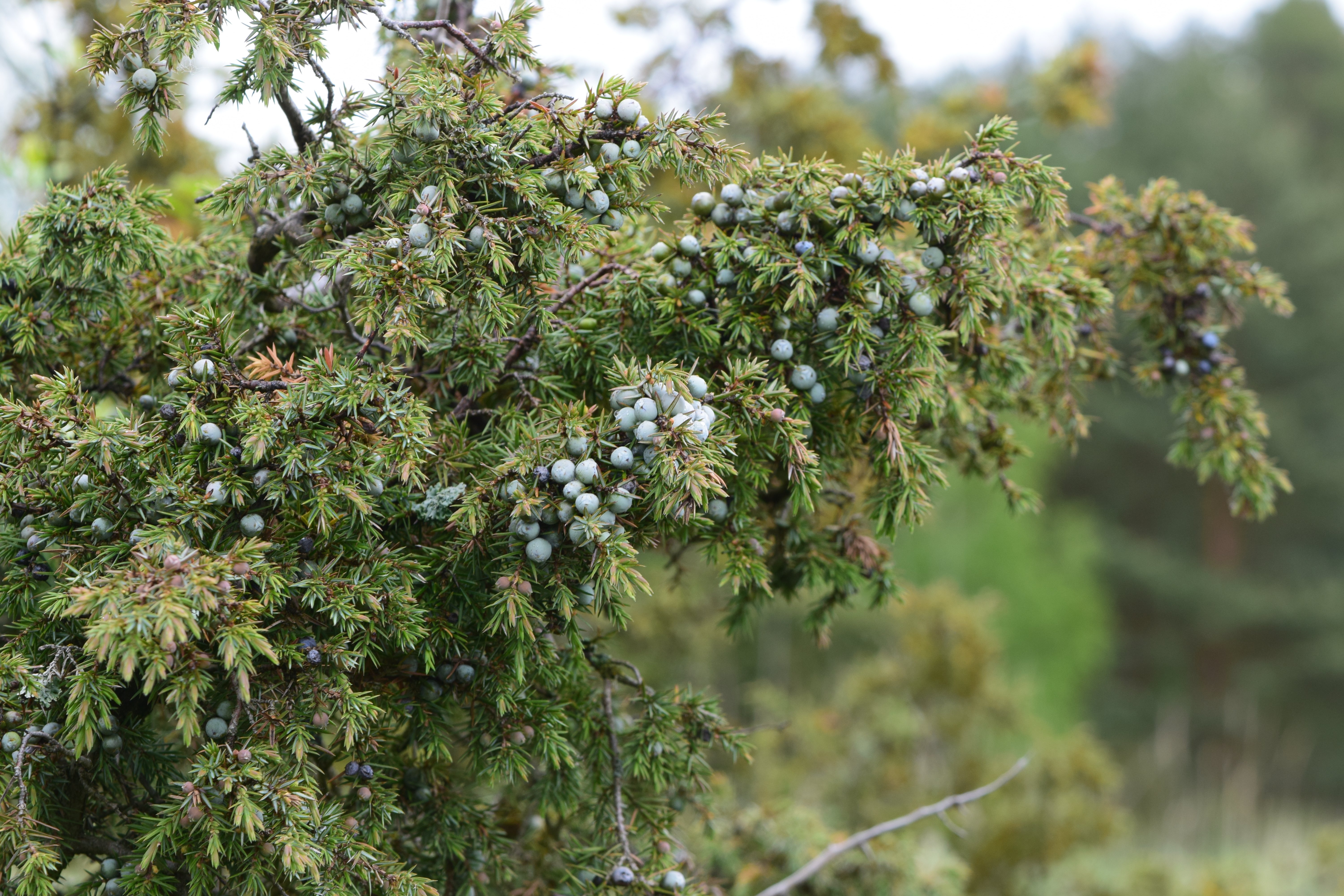
There are different varieties of Juniper, so it makes sense to check with a landscape professional about which will work best for your property.
This is another ornamental option that does not have an aggressive root system. Homeowners love the flowering Dogwood for the beauty that it can add to a property.
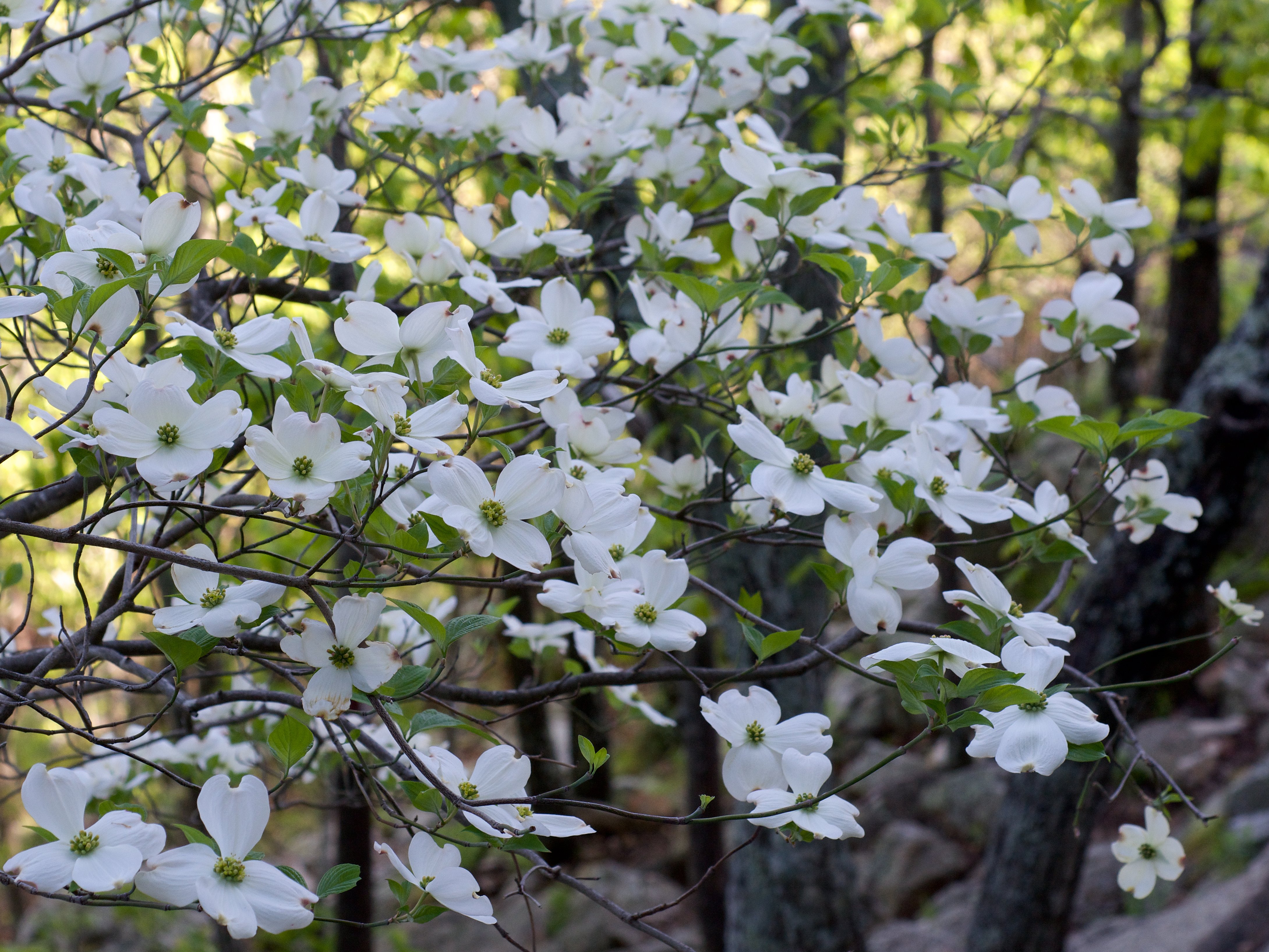
It can easily be a showpiece addition. You will get to enjoy white flowers in the spring and red leaves in the fall.
We love the Japanese Maple for its bright fall foliage. There are many varieties of Japanese Maples, some of which are more airy and upright and some that are more compact.
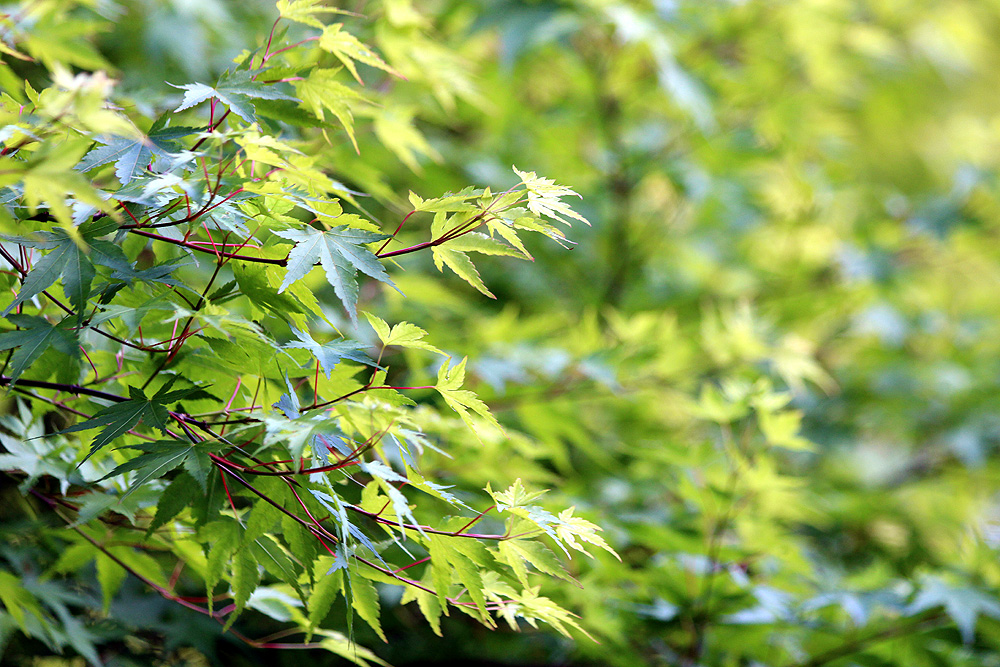
The more compact variety might be your best bet for planting near a foundation. These trees also happen to be relatively low-maintenance, which is always a bonus.
The ornamental English Holly is another great specimen tree choice that is safe near a foundation.
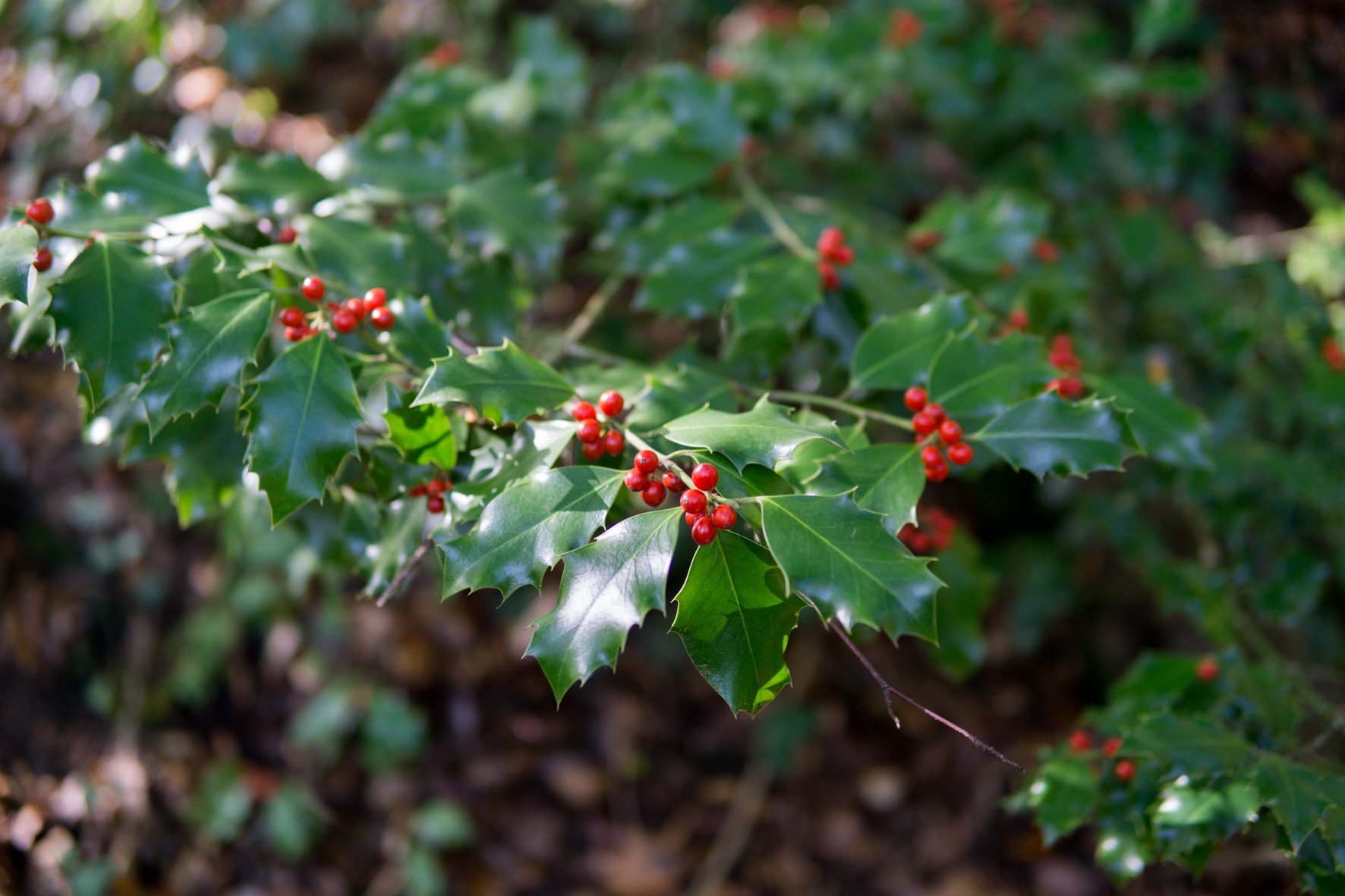
It's known for its shiny dark leaves and pyramidal growth shape. This perennial evergreen is commonly associated with Christmas but can provide year-round appeal.
At the end of the day, whether you’re looking to plant near a foundation or anywhere else on your property, it is truly best to work with a professional.
Tree root foundation damage is a serious risk if you don’t know what you’re doing. But besides planting distance from a foundation, there are so many other factors that should also come into play when installing new plant material.
Too often, homeowners make poor plant choices for their property or they install them improperly, and then they wonder why they didn’t perform well. If you don’t install an ornamental tree properly, you could risk ultimately losing it. Even with maintenance and care, you sometimes will not be able to overcome a planting error.
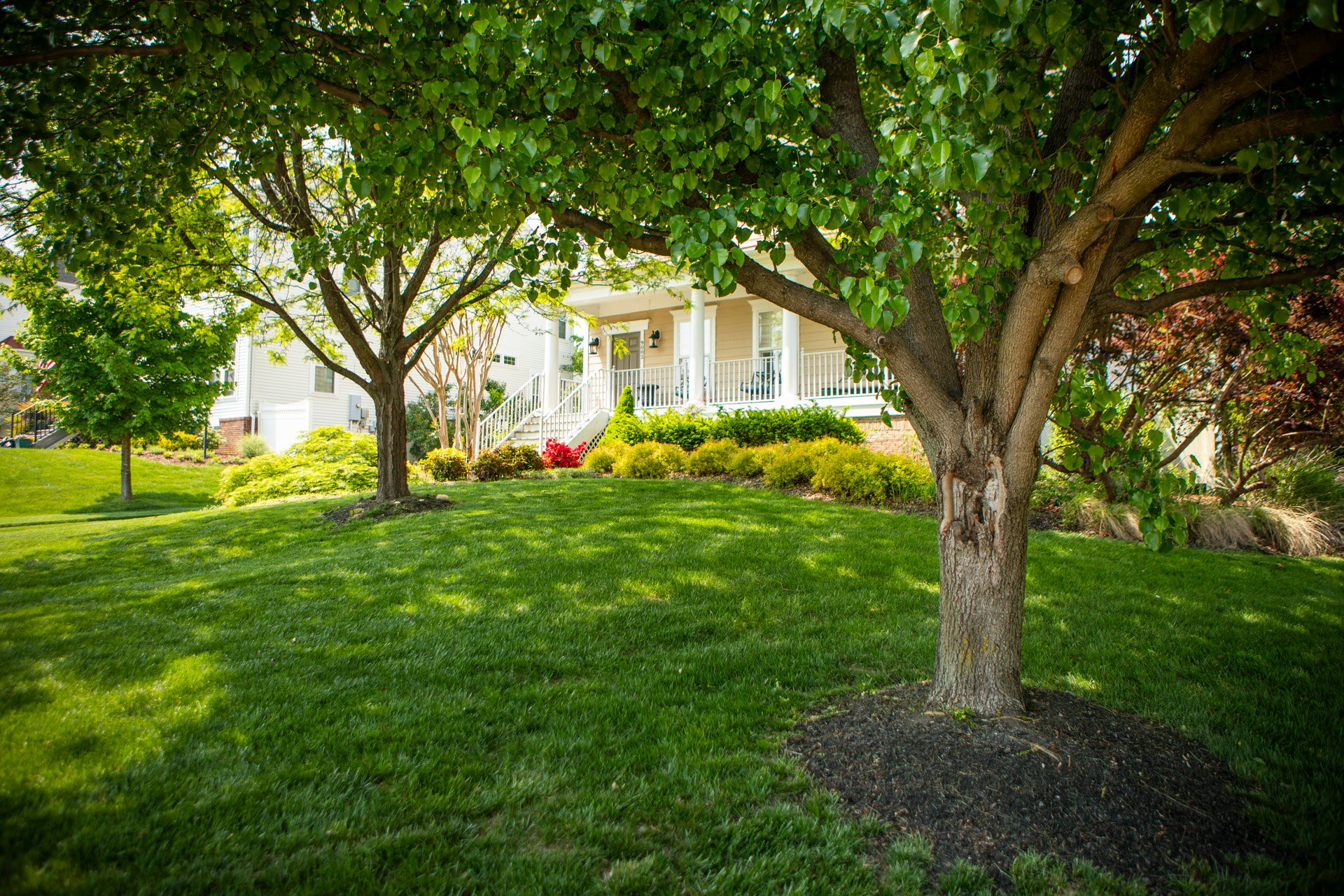
To get the best results, you’ll want to work with a landscaping company that can not only install your new ornamental trees but care for them, too. That means a pro who has horticultural expertise and will understand what your trees need to continue to perform their best.
By working with a landscaping company that has an excellent working knowledge of plants and all of their potential problems and needs, then you can feel confident that your landscape is always getting what it needs.
At Kingstowne Lawn & Landscape, we understand the importance of making wise choices for your property. We want to be able to give you peace of mind that not only have we collectively chosen the best trees for your property, but that we’ll continue to care for them properly, too. You deserve to have a beautiful landscape that maintains its value and appeal for many years to come.
Do you want to work with a landscaping company in Alexandria, Arlington, or Springfield, VA that has extensive plant knowledge and can maintain or install the proper plants at your home? Then request your quote for our comprehensive Plant Health Care program, and relax as you get the royal treatment.
Image Sources | Chamaecyparis, Cryptomeria, Juniper, Dogwood, Japanese Maple, English Holly

Since 1997, Krisjan has led the Kingstowne team with one simple philosophy, treat every customer like the “only” customer. His passionate pursuit of impeccable customer service has resulted in 24 successful years and a thriving company with over 85 employees, helping thousands of homeowners in the Alexandria, Arlington, and Springfield, VA area get what they want - a worry-free property they can be proud of.


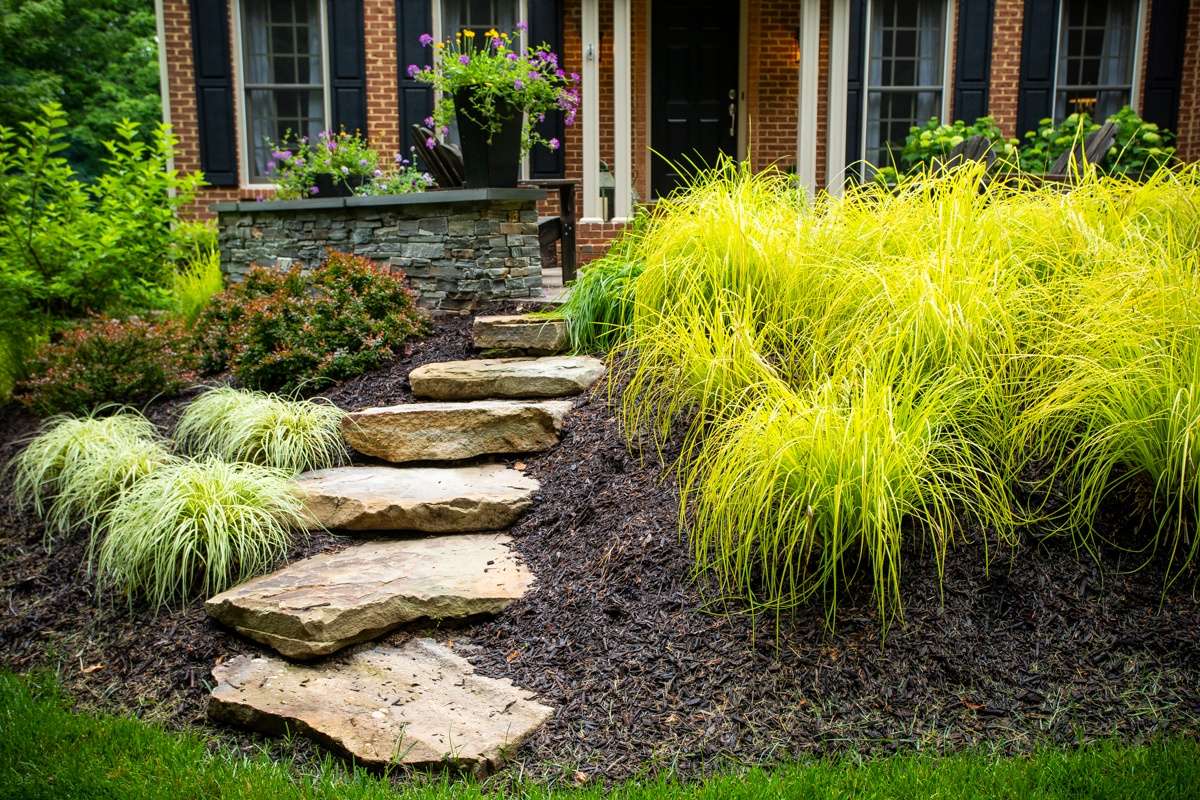

If You're Looking For a Sign, This is It.
Seriously, that lawn isn't getting any better on it's own. Mrs. Jones just called the HOA on you